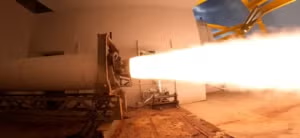
A key House panel is proposing requiring the Air Force to create and implement a plan to ensure the fair evaluation of contractors competing for Evolved Expendable Launch Vehicle (EELV) contracts, an important Air Force program to assure government access to space. The House Armed Services strategic forces subcommittee yesterday released the text of its portion of the proposed fiscal year 2014 defense authorization bill, which it will debate today. The subcommittee, as part of its EELV proposal, would require…










